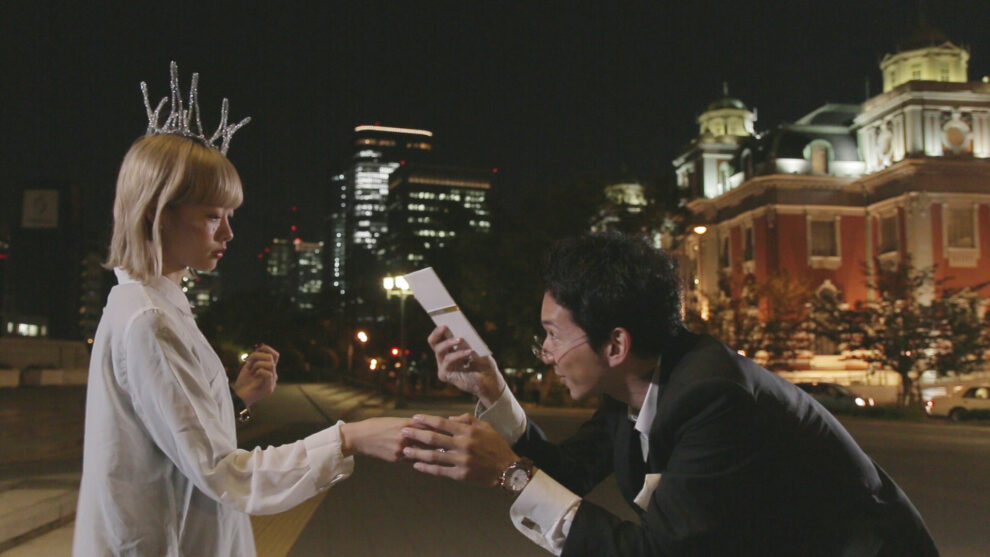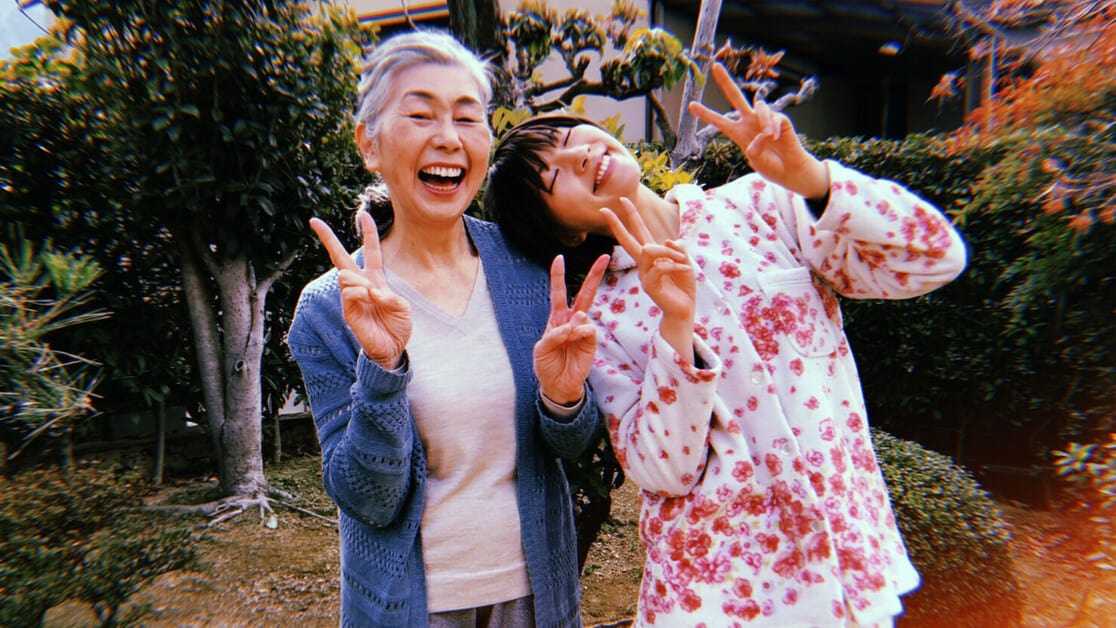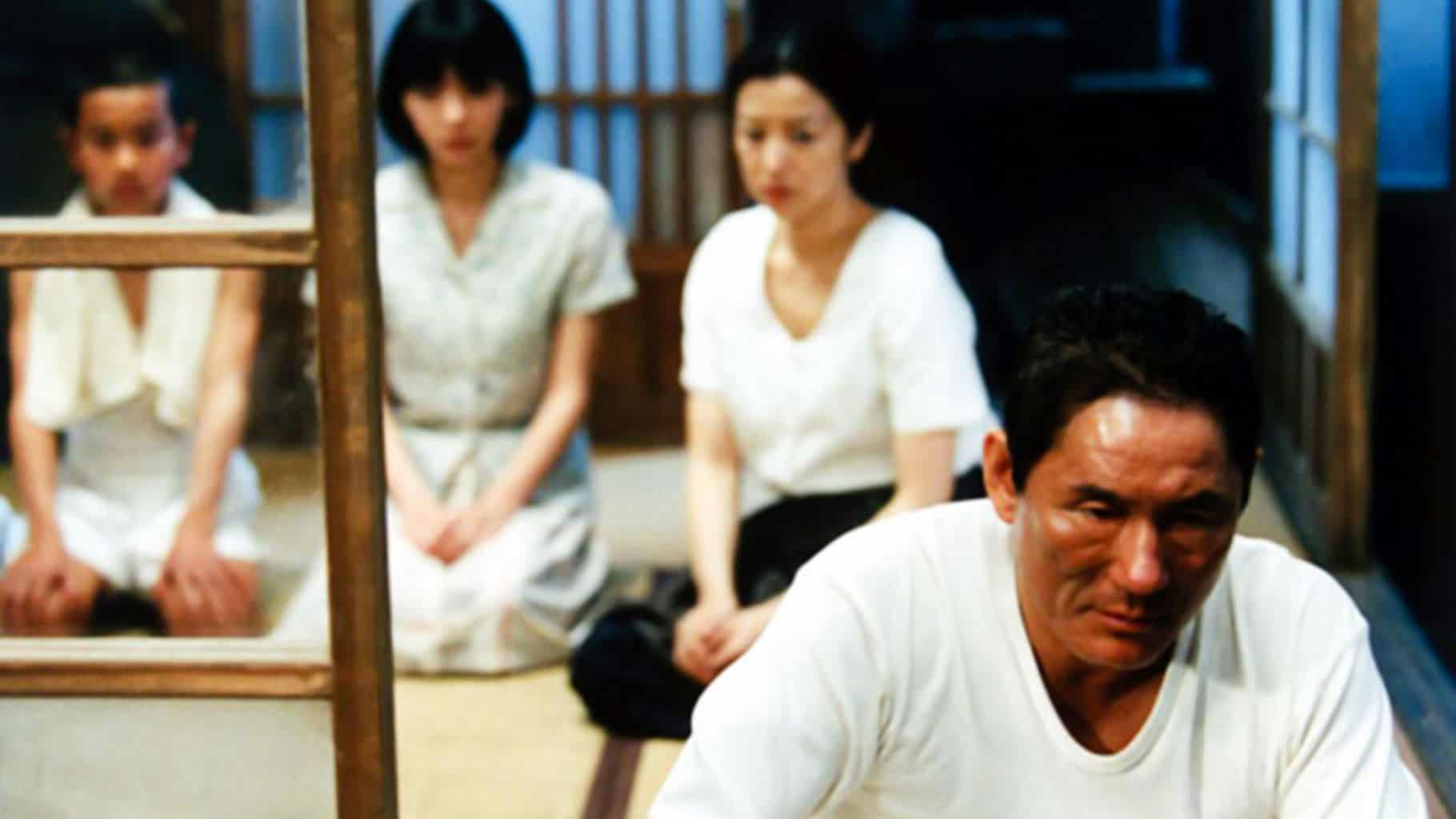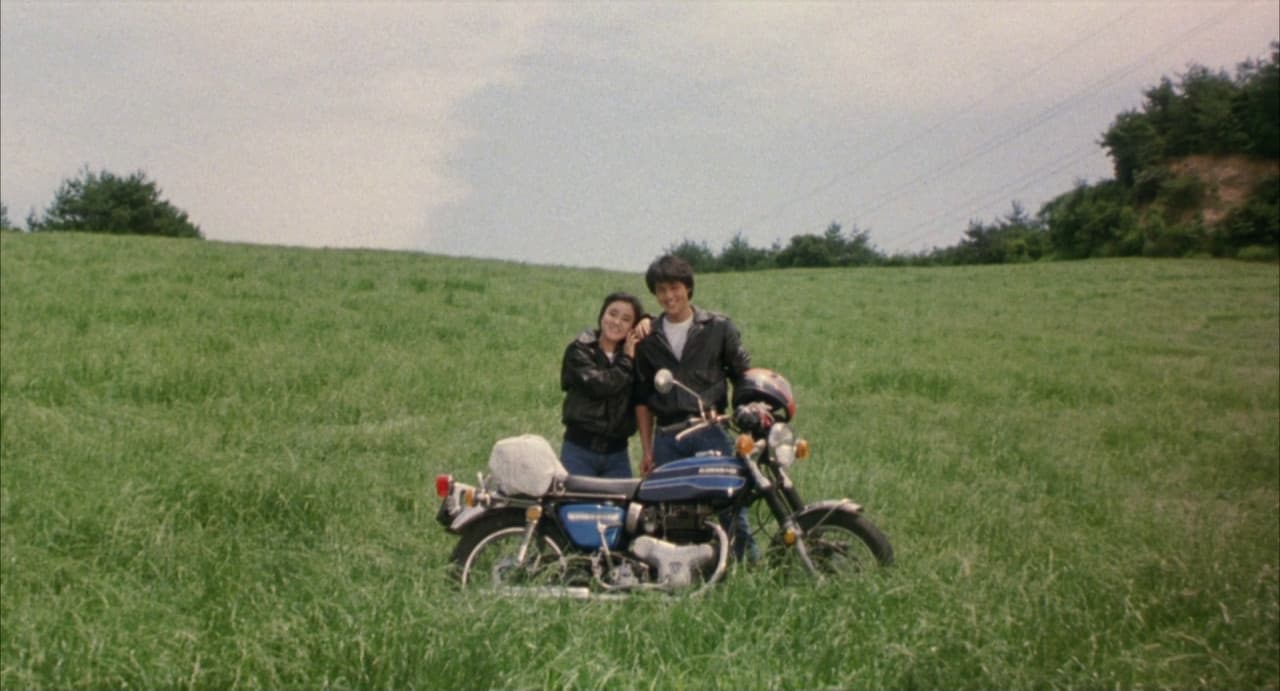The difficulties of modern life particularly regarding relationships and working, has been a major theme in Japanese cinema for quite some time. Teppei Isobe also presents his take on the subjects with the 35-minutes “We Did Not Mean to Go to the Sea”, inducing his narrative, though, with a number of very appealing notions, as much as the local favorite concept of ‘a scene at the sea'.
We Did Not Mean to Go to the Sea is streaming on TodoiF

Check also this article
Osamu is an officer worker, who, some time before, has broken up with his girlfriend, as the two wanted completely different things in life (she to travel and he to just go to internet cafes). As the movie begins, he is about to attend her wedding with the man she met after him, but instead, gets drunk and fails to go. In his stupor, he stumbles upon a girl, Rina, performing as a mime on the street. Expectedly, he bothers her to the point that she leaves, but the next day, after he sleeps it off on the street, the two meet once more in the train station, with her having his invitation in her hands. It turns out she is a deafmute, who also has issues with her boyfriend, and cannot find a line of work that is suitable for her. An apologetic Osamu asks her to buy her dinner, and she suggests they go to the beach.
Teppei Isobe directs a very tender film, which seems to imply how second chances some times come in life in completely unexpected ways, as much as the value of occasionally just taking a break, from life essentially. At the same time, the film follows a path towards the road movie, with the trip at the sea also ending up in a couple of episodic meetings, both of which are subtly funny in their unexpectedness. Probably the best aspect of the narrative, however, is the way the two come together, with Rina convincing Osamu to finally relax and him taking her somewhere she seemed not to be able to go on her own before. In that fashion, the fact that she is deafmute seems to play no particular role, in an aspect that can only be perceived as a comment about people with similar issues.
The overall calm and serene atmosphere is mirrored in the acting, with the laconic (and silent) performance of the two actors being in perfect resonance with the general aesthetics. Riku Tomitsu's transformation from a wild drunk to an apologetic, calm man is quite appealing to watch, while Rina Kawagishi as Rina manages to communicate her feelings in the most eloquent way, despite her completely lack of spoken words. The smile of the two close to the end is the highlight of their performance and their chemistry.
The visual approach is also very interesting. DP Risa Yamaguchi draws much from Rina's evident beauty, highlighting her through numerous close ups, while the focus on her red-painted long nails is also quite appealing. Osamu is presented through more distance, although the camera gets closer to him as time passed. The scenes at the beach are particularly beautiful, with the antithesis with the bleakness of the city resulting in another comment about life. Isobe's editing is rather artful, with his cuts becoming part of the deadpan humor that permeates the narrative, while the fast forwards scene with Osamu walking on the street at night is definitely the most impressive in the short.
“We Did Not Mean to Go to the Sea” is an excellent film, beautiful, amusing and contextually interesting, in another testament to the quality of Isobe's writing, directing and editing.















